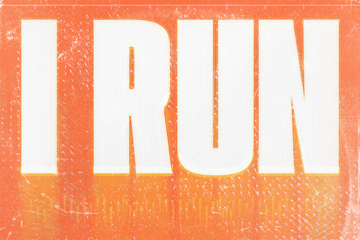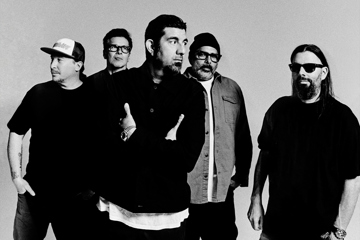The End Of The Tour
"Fascinating fare for anyone that has tried to set word to page."
Based on the work, Although Of Course You End Up Being Yourself by David Lipsky, The End of The Tour recounts the meeting of literary greats David Foster Wallace (Jason Segal) and David Lipsky (Jesse Eisenberg). In an extended interview for Rolling Stone, Lipsky accompanies Wallace on his 1996 tour promoting his critically acclaimed novel, Infinite Jest. By 2008 Wallace who struggled with clinical depression, would take his own life.
A dense and earnest work, this dives into the mountain of complexity that is David Foster Wallace. Using dialogue from the interview as a basis, it gives an insight into the man, but more so it is an exploration of the process of writing and the psychology of those attracted to it. It is a discussion about ego and self, confidence and insecurities, art and pop culture. The End Of The Tour looks at much about the process of consumption as it does about the creation of a literature. All of which makes it sound like a musty tome, which is as far from the truth as you can get. The lens for this is more two dudes shooting the breeze, chatting about what is important to them as they consume a vast amount of junk food, than a meeting of literary minds. It is as if Arts Sunday has collided with a slacker comedy, and produced something greater than the sum of its parts.
Beyond the dissection of the state of culture and the mind of an author, there is just the meeting of two individuals here, and all that entails. There is that strange relationship between interviewer and interviewee, that balance of power and the creation of a story. Yet even more fundamental than that, there is the meeting of two neurotic and hyper aware individuals. Both are tied up in the search for affirmation (or at the very least aware of that desire in themselves), and both to varying degrees seek validation from the other. It is a point that leads to conflict, as they find parts to envy in the other's life. For Lipsky it is Wallace's success and talent, for Wallace it is Lipsky's easier going nature as he is less crippled by over-analysis.
Eisenberg as Lipsky is casting to type, and he certainly does well in this regard. There is a mix of cockiness, envy, introspection and neuroticism about the performance that speaks volumes. However this is what he have come to expect from Eisenberg and he doesn't push those boundaries. By comparison Segal gives something we have never seen from him before, as he inhabits the character of David Foster Wallace. He is torn between a simple man trying to enjoy the pleasures of small town rural America, and a rich (and oft times frightening) life of the mind. At times Segal appears the Everyman, odd, but charming in his own way, at others he is almost alien as he struggles with concepts of literary culture, looking for a way beyond.
Don't miss a beat with our FREE daily newsletter
Fascinating fare for anyone that has tried to set word to page.
Originally published in X-Press Magazine







